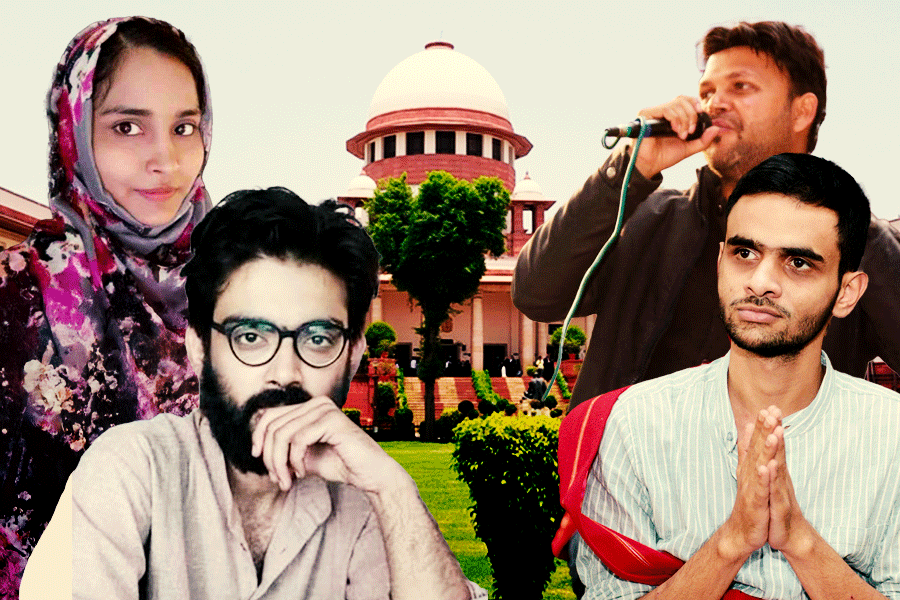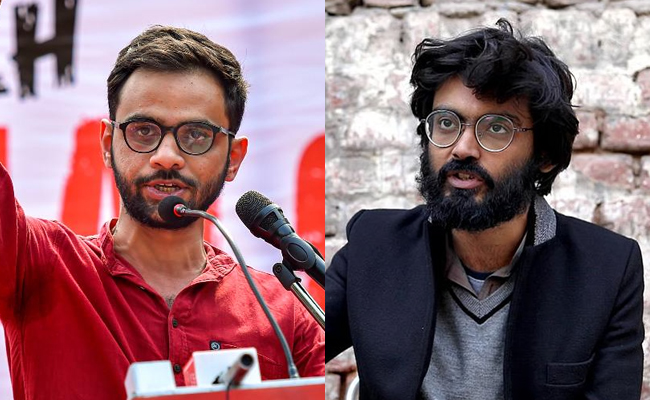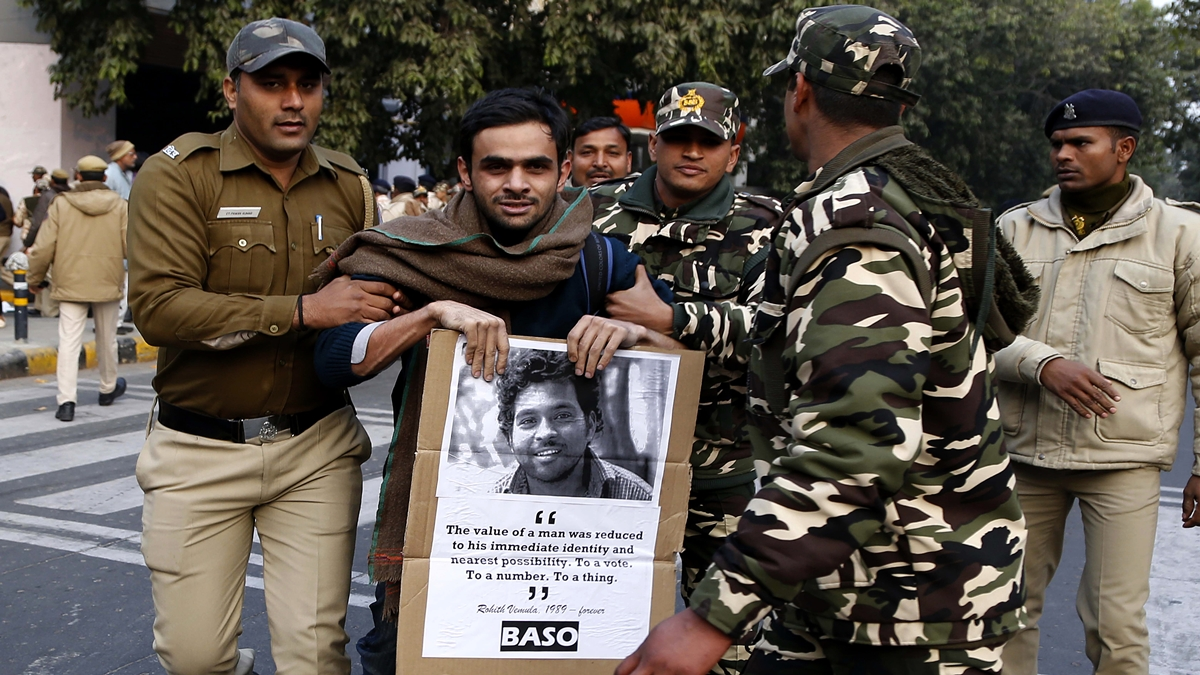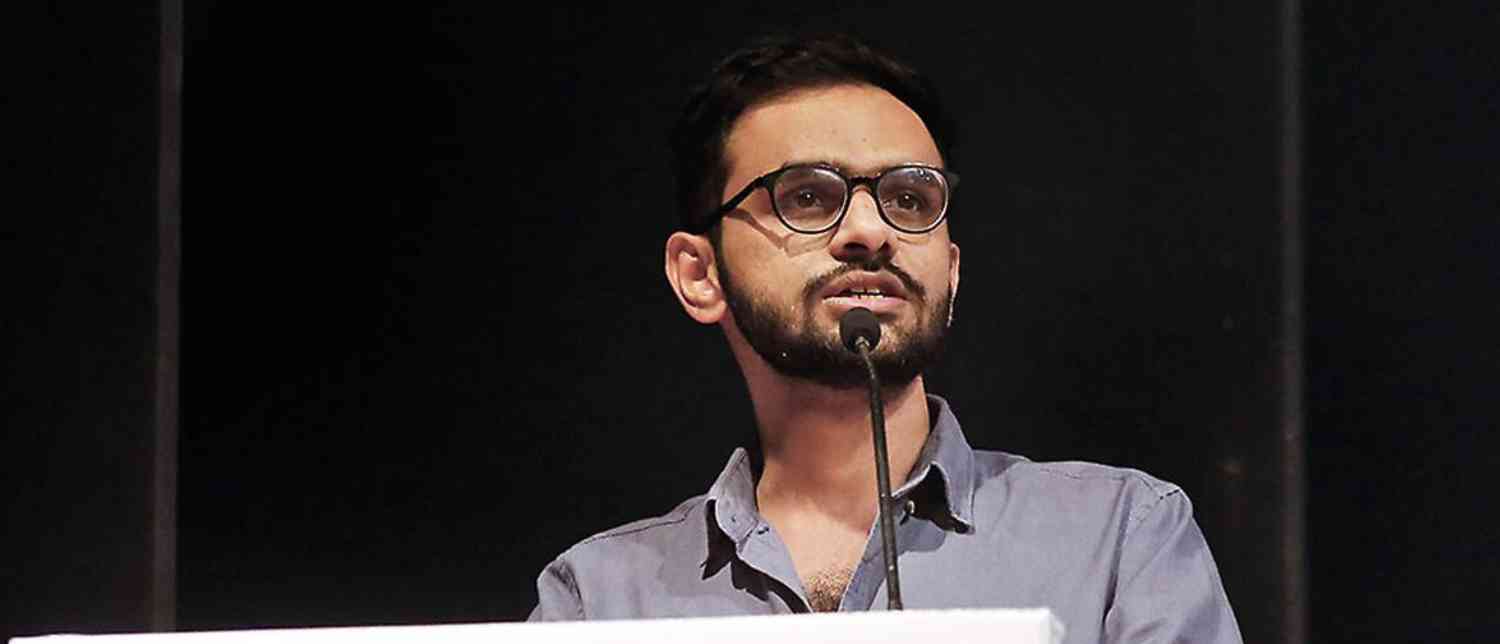The Supreme Court of India has postponed the hearing on bail pleas filed by Umar Khalid, Sharjeel Imam, and other accused in the 2020 Delhi riots conspiracy case to September 22, 2025. The postponement occurred because the judges received the case files very late and did not have adequate time to review them before the scheduled hearing. These activists have been imprisoned under the Unlawful Activities (Prevention) Act (UAPA) since 2020, with the Delhi High Court denying their bail earlier in September on grounds of a "premeditated, well-orchestrated conspiracy" tied to the riots that led to widespread violence and loss of life in northeast Delhi.

The Delhi riots of February 2020 resulted in 53 deaths and more than 700 injuries. The Delhi Police alleged that the violence was not a spontaneous uprising but a planned conspiracy to incite communal discord. According to the police and the High Court, key accused such as Umar Khalid and Sharjeel Imam are said to have played a grave role by delivering inflammatory speeches aimed at mobilizing certain communities, which contributed to the escalation of violence. The High Court's refusal of bail emphasized that conspiratorial violence disguised as protests or freedom of expression must be checked and that such actions do not fall under the fundamental rights of free speech, expression, or peaceful assembly.
The Supreme Court is now set to reconsider the bail pleas after a week, facing the challenge of balancing constitutional rights with concerns about law and order. Granting bail in cases involving alleged terrorism or serious conspiracies is often a complex issue in Indian law. The accused and their advocates argue that their detention has been prolonged without a trial, impacting their fundamental rights. On the other hand, the state stresses the potential threat to national security and public order posed by releasing individuals accused in such serious matters.

This ongoing legal process highlights the delicate intersection of individual freedoms, the right to protest, and the substantial state's interest in maintaining peace and preventing violence. The judiciary’s cautious approach to reviewing these bail pleas reflects the high stakes involved, not only for the accused but also for society at large.
As of now, the hearing will take place on September 22, and the Supreme Court’s decision will have significant implications for how protest-related violence cases and bail petitions under laws like the UAPA are handled in India. The case continues to attract significant public attention because it touches on fundamental democratic principles and the limits of lawful dissent in a diverse society.
This development underscores the continuing challenge faced by the judiciary to strike a fair balance—upholding law and order while ensuring that justice, due process, and constitutional freedoms are respected for all citizens equally. As this legal drama unfolds, careful observation of how the bail pleas are adjudicated will provide insights into the evolving landscape of protest rights and state power in India.

Thus, the deferral by the Supreme Court is a procedural yet important step, giving the court more time to thoroughly examine complex materials and legal arguments before reaching a decision that will impact the lives of the accused as well as the broader legal precedents involving protest and conspiracy in India.
With inputs from agencies
Image Source: Multiple agencies
© Copyright 2025. All Rights Reserved. Powered by Vygr Media.






















